The 1970s was a transformative decade, marked by social change and cultural evolution. As the world shifted, so did family dynamics, with parents in the ’70s pioneering new lifestyles and parenting methods that left lasting impacts on their children. These innovations paved the way for modern parenting, influencing how future generations would interact, learn, and grow. From embracing environmental consciousness to embracing new technology, the actions of ’70s parents have woven a rich tapestry that continues to echo through our lives. Here, we explore 14 pivotal ways our parents reshaped our existence during this iconic era.
1. Embracing Environmentalism

“In the ’70s, families began to recognize the importance of environmental stewardship. Earth Day, first celebrated in 1970, was a catalyst for change, inspiring parents to instill eco-friendly values in their children. This era saw the rise of recycling programs and a push towards conservation. Parents encouraged their kids to understand the impact of pollution and the importance of preserving nature. This newfound awareness fostered a generation dedicated to sustainability and conscious consumption. Today, these eco-friendly practices remain ingrained in our daily lives, thanks to the seeds planted by ’70s parents.”
2. Adopting Technology at Home

“The ’70s witnessed a technological revolution that found its way into households. Families embraced devices like color TVs and microwaves, altering everyday life. Parents navigated this tech boom, teaching children how to adapt to and appreciate technological advancements. This early exposure to technology paved the way for the digital age, fostering a generation comfortable with rapid technological change. By integrating technology into family life, ’70s parents set the stage for our current tech-savvy world, where screens and devices are an integral part of daily routines.”
3. Championing Equal Rights
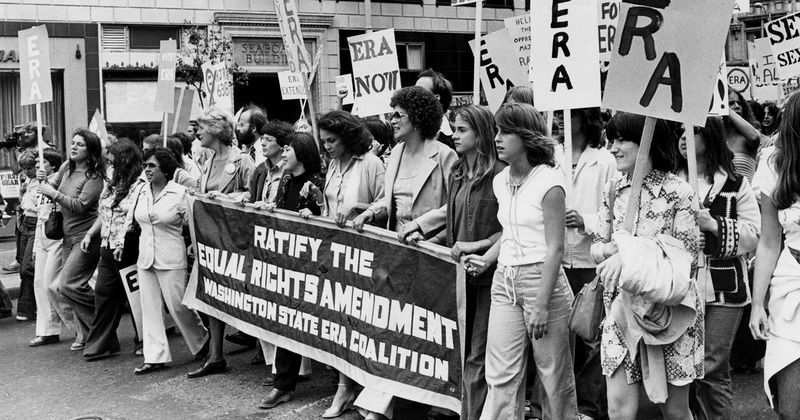
“With a powerful wave of social change, the ’70s was a pivotal decade for equal rights movements. Parents played an active role, participating in marches and discussions, fostering an environment of understanding and equality at home. This activism inspired children to value diversity and fight for justice. The era’s emphasis on gender equality, civil rights, and inclusion shaped a generation committed to equality. Today, these values resonate deeply, with many continuing the fight for a fair and just society, underscoring the importance of advocacy initiated by ’70s parents.”
4. Promoting Healthy Living

“The health craze of the ’70s brought jogging, aerobics, and organic foods into the spotlight. Parents encouraged physical fitness and healthy eating, emphasizing the importance of a balanced lifestyle. This focus on well-being cultivated lifelong habits in children, who learned the benefits of exercise and nutrition. The era’s health consciousness sparked an ongoing interest in wellness, influencing today’s fitness culture. Thanks to ’70s parents, the foundation for a healthier lifestyle was laid, promoting longevity and well-being in future generations.”
5. Embracing Multiculturalism
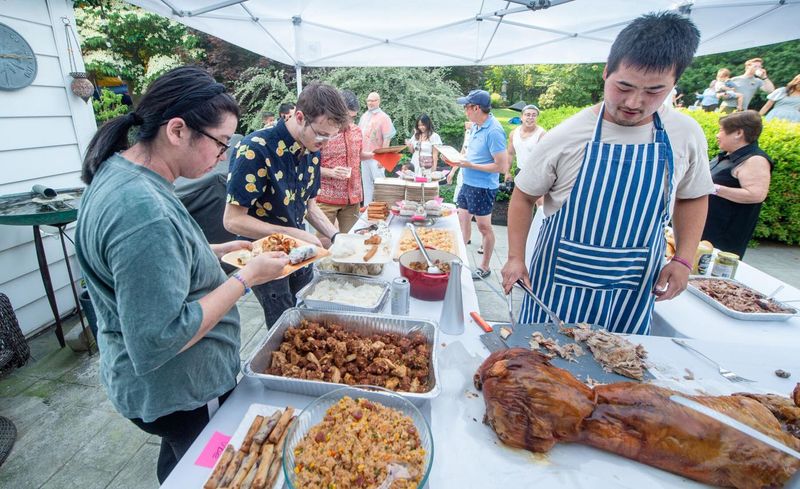
“During the ’70s, multiculturalism became a celebrated aspect of family life. Parents encouraged their children to explore different cultures through food, music, and traditions. This openness fostered an appreciation for diversity and inclusion. Families hosted international potlucks and participated in cultural festivals, exposing children to a world of differences and similarities. This exposure instilled a global mindset, preparing children for a connected and diverse future. The multicultural values embraced by ’70s parents continue to enrich our lives today, promoting understanding and global unity.”
6. Fostering Creativity through Music

“Music was a powerful creative outlet in the ’70s, with parents fostering an environment rich in musical exploration. They introduced their children to diverse genres, from rock to disco, and encouraged them to learn instruments. This musical immersion nurtured creativity and self-expression. Family jam sessions and dance parties became a norm, weaving music into the fabric of daily life. The influence of ’70s musical upbringing continues to echo, inspiring today’s musicians and music enthusiasts alike.”
7. Encouraging Outdoor Play
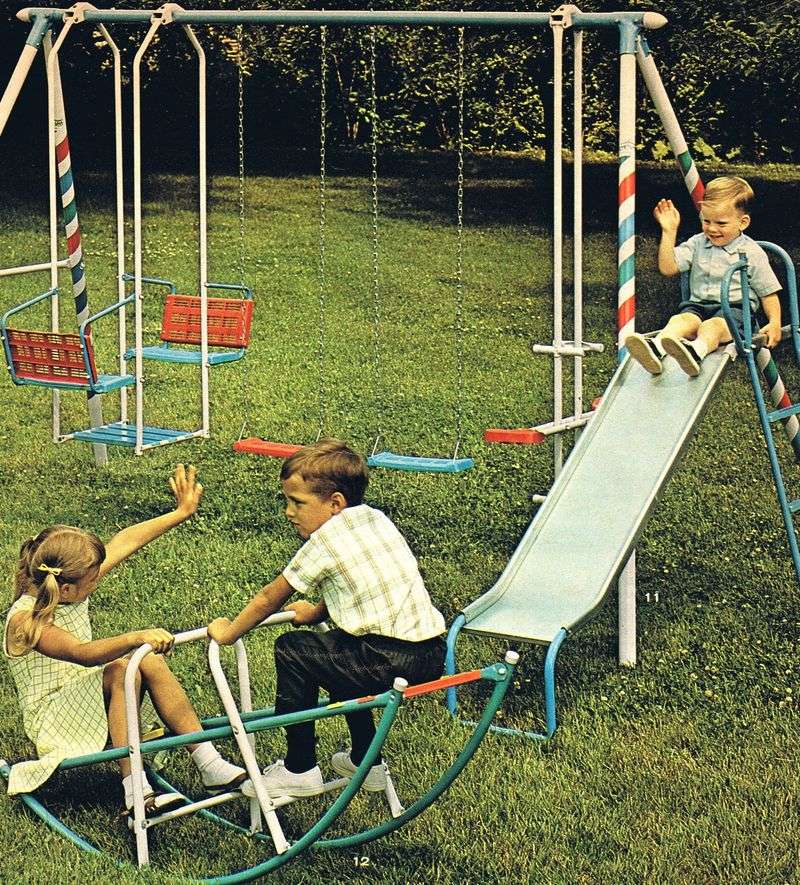
“In an era before digital distractions, ’70s parents championed outdoor play, recognizing its importance for physical and mental health. They encouraged activities like biking, playing in parks, and backyard games. This emphasis on outdoor play cultivated a love for nature and adventure. Unstructured playtime allowed children to develop creativity, social skills, and independence. These outdoor experiences, cherished by children of the ’70s, laid the groundwork for an enduring appreciation of the great outdoors.”
8. Exploring New Educational Methods

“The ’70s was a period of educational innovation, with parents advocating for progressive teaching methods. This era saw the introduction of Montessori and alternative schooling, focusing on student-centered learning. Parents valued creativity and critical thinking, seeking educational environments that nurtured these skills. By supporting hands-on learning and personalized education, ’70s parents contributed to a shift in teaching philosophies. These progressive ideas remain influential, shaping today’s educational landscape and fostering generations of innovative thinkers.”
9. Redefining Family Dynamics
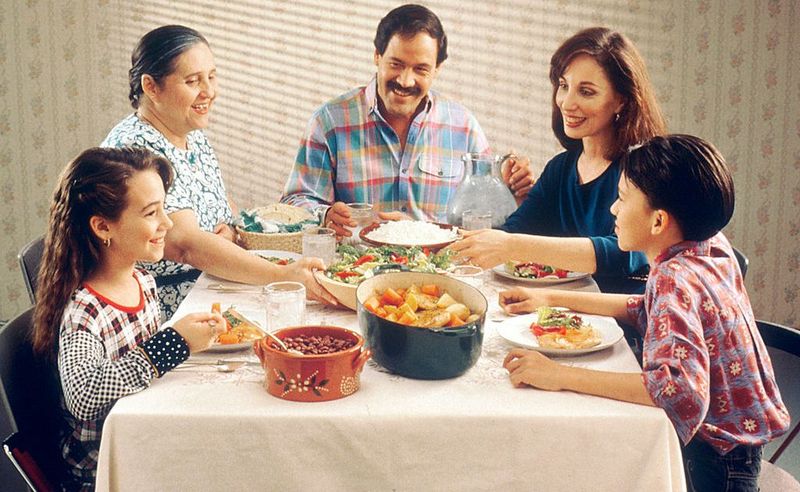
“The ’70s was a time of redefined family roles, with parents challenging traditional dynamics. Dual-income households became more common, and fathers took on more active roles in childcare. This shift promoted gender equality and work-life balance, allowing both parents to contribute equally. Children witnessed these changes, learning the value of partnership and shared responsibilities. The reimagined family structure of the ’70s laid the groundwork for modern family dynamics, promoting flexibility and equality in parenting roles.”
10. Instilling Political Awareness
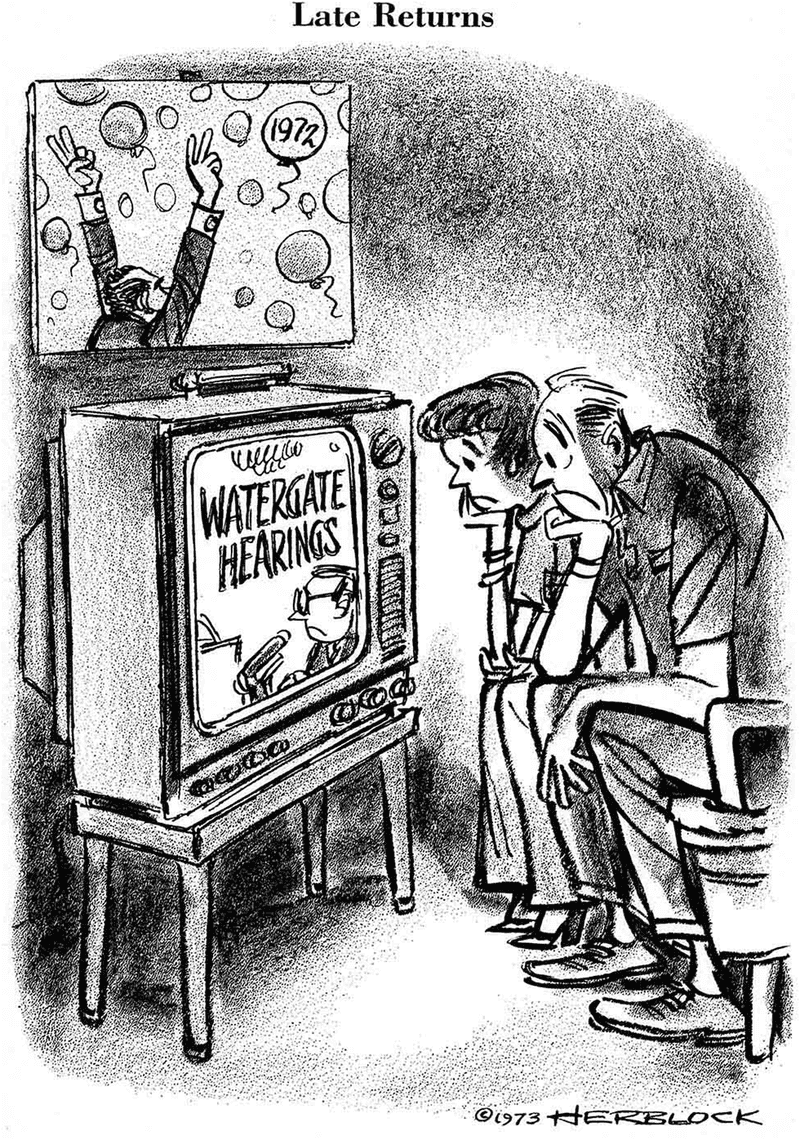
“Awareness of political issues surged in the ’70s, with parents involving their children in conversations about global events. They watched debates together, fostering critical thinking and informed citizenship. This era of political engagement encouraged children to question, discuss, and form their own opinions on pressing issues. By involving children in political discourse, ’70s parents nurtured a generation of active, informed citizens. Today, this legacy of political awareness continues, with many advocating for change and participation in democratic processes.”
11. Encouraging DIY and Craftsmanship

“The DIY movement gained momentum in the ’70s, with parents instilling craftsmanship and self-sufficiency in their children. Families embarked on DIY projects, from home repairs to crafts, fostering creativity and problem-solving. This hands-on approach taught valuable skills and resourcefulness. Children learned the satisfaction of creating and fixing things themselves, a mindset that continues to inspire today’s makers and DIY enthusiasts. ’70s parents’ emphasis on craftsmanship laid the foundation for a culture of creativity and innovation.”
12. Nurturing Emotional Intelligence

“Emotional intelligence became a focus in the ’70s, with parents encouraging open communication and empathy. They fostered environments where feelings could be expressed freely, teaching children to understand and manage emotions. This nurturing approach prioritized mental health and interpersonal relationships. By valuing emotional awareness, ’70s parents laid the groundwork for emotionally intelligent individuals who value empathy and understanding. Their influence is evident today, with emotional intelligence being a key component of personal and professional success.”
13. Valuing Personal Freedom
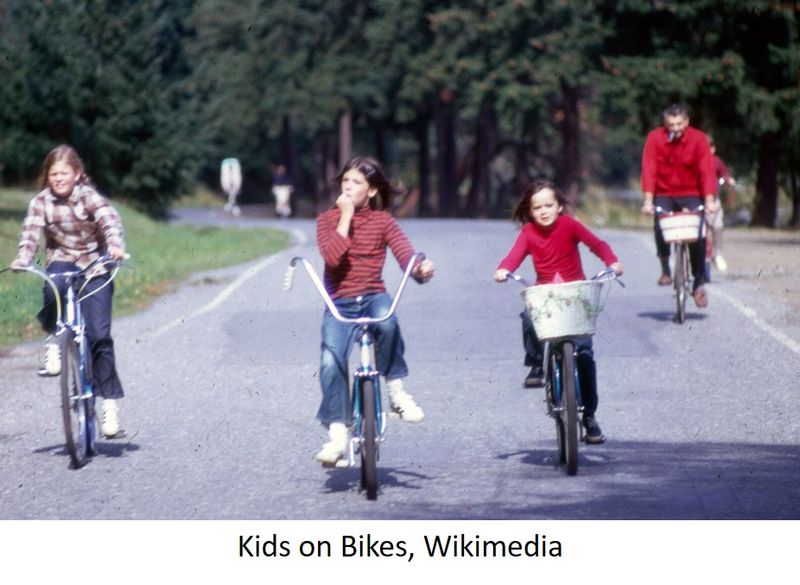
“The ’70s celebrated individuality and personal freedom, with parents encouraging self-expression and independence. They supported their children’s exploration of interests and identities, fostering a sense of autonomy. This era’s emphasis on freedom allowed children to grow into confident, self-reliant adults. The values of independence and self-discovery instilled by ’70s parents continue to resonate, empowering individuals to pursue their passions and navigate life’s diverse paths with confidence.”
14. Prioritizing Family Time
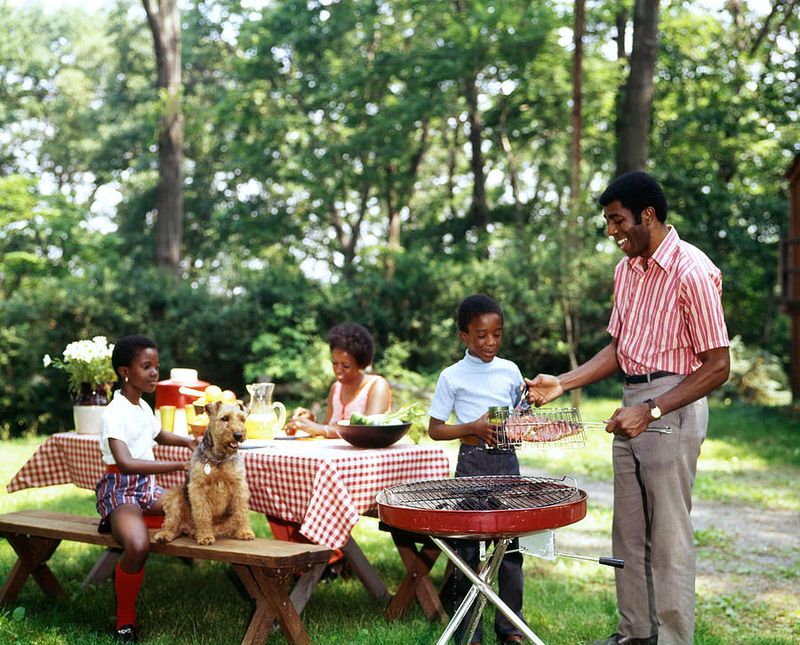
“Family time was a cherished priority in the ’70s, with parents emphasizing togetherness and connection. Picnics, road trips, and family game nights were common, strengthening bonds and creating lasting memories. This focus on family unity taught children the importance of relationships and support networks. The traditions of togetherness fostered by ’70s parents laid the foundation for strong family ties that endure to this day, reminding us of the value of spending quality time with loved ones.”

